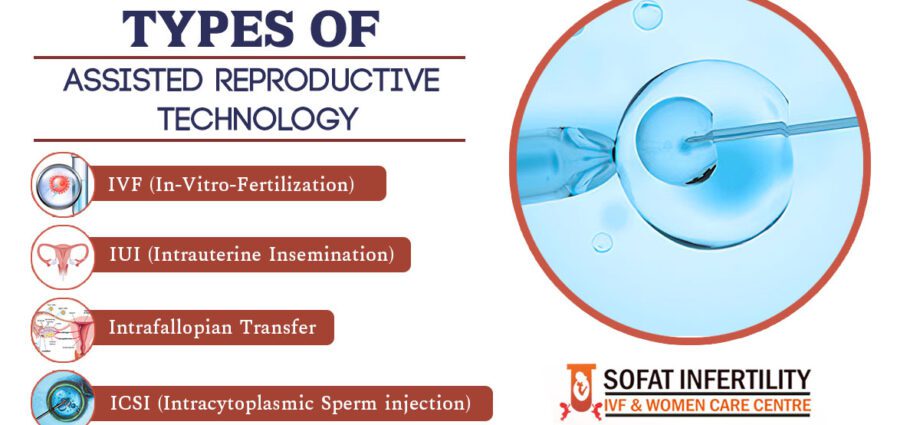Contents
5 things to know about assisted reproduction
The Minister of Solidarity and Health Agnès Buzyn said on Tuesday July 11 that the French company was ready to an extension of assisted reproduction to single and homosexual women. " It seems to me that France is ready “, She declared at the microphone of France Inter. But there does not seem to be a consensus on this question. The polls contradict each other and no one is indifferent to the question. To form an opinion, you must first of all know what you are talking about.
PMA çi ye?
PMA or medically assisted procreation (AMP) “ involves manipulating an egg and / or a sperm to carry out fertilization », in the words of the National Institute of Health and Medical Research. Currently, it allows couples who fail to have children to conceive.
There are different MPAs, more or less invasive. Among them are artificial insemination, which involves injecting sperm directly into a woman’s uterus when she is ovulating; in vitro fertilization (IVF), which involves bringing together an egg and a sperm in the laboratory and transferring, a few days after fertilization, the embryos to the woman’s uterus; in vitro fertilization with ICSI (“intracytoplasmic sperm injection”), which involves directly injecting a sperm into the oocyte; and the reception of an embryo from another couple. In the latter case, the parents of the child will have no rights over him. Their donation will be anonymous and free.
Who can benefit from assisted reproduction?
Îro, only heterosexual couples in whom infertility has been recognized by a health professional or who are carriers of a serious genetic disease that can be passed on to the child or spouse may have access to ART. A couple is considered infertile when they have failed to conceive a child after 12 to 24 months of trying. A couple who had just got together could not therefore have recourse to it.
PMA mostly responds to an infertility problem. If it allowed for single and homosexual women, it would automatically lose this exceptional character. Couples will no longer have to justify any infertility to benefit from it.
How does an assisted reproduction work?
Before embarking on a MAP project, couples must go to a series of interviews which will aim to provide them with the best possible information. They will have to know the risks, the chances of success but also and above all the technique which will be most appropriate to their situation. Then, the couple will have a month to think carefully about all these questions and at the end of this period, they can confirm their choice in writing.
The delays will be much longer for a couple awaiting sperm donation. These donations are clearly less important than the demand. It is not uncommon to see couples wait more than two years.
Derfetên serkeftinê çi ne?
The chances of success are extremely variable. If artificial insemination does not work, the couple will be advised to turn to IVF. The AMPs that have the most chances of success are IVF-ICSI: 22% chance. The chances of success are 20% for conventional IVF, 10% for artificial insemination and 14% for frozen embryo transfer. This technique can create real disappointments in parents.
The PMA is reimbursed at 100% by the Health Insurance, within the limit of 6 artificial inseminations and 4 in vitro fertilizations. But what if PMA is open to single or gay women? The National Consultative Ethics Council has already said that it is opposed to full coverage by Social Security if the system were open to all women.
How many children were born in France thanks to assisted reproduction?
The latest figures go back to 2010. That year, 22 children were born thanks to ART, or 2,7% of births. The most successful method then was intra-marital IVF-ICSI.
Claire Verdier
Her weha bixwîne: Nelihevî: Ma ew jî di serî de dibe?










